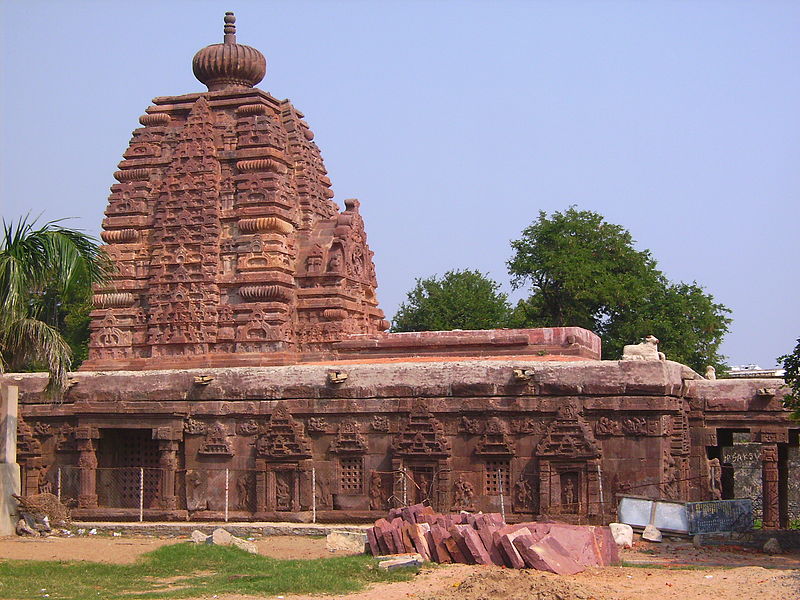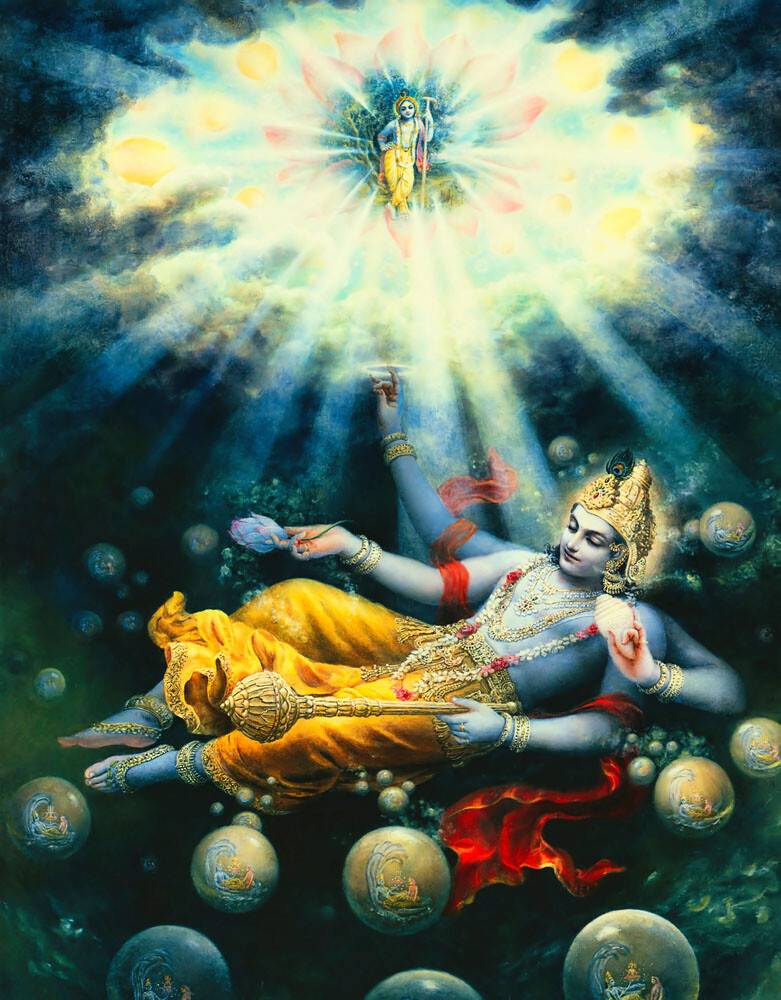"Dancing with the Shadows: Unraveling the Spiritual Power of Amavasya in Hinduism"
"Amavasya, in Hinduism, signifies the new moon night. It's a day of deep spiritual reflection and the performance of sacred ancestral rituals."

Amavasya, a Sanskrit term, signifies the lunar phase of a New Moon night in the Hindu calendar. It is a significant day for Hindus around the world, revered for its spiritual significance and considered a time for new beginnings. The lunar cycle plays a vital role in Hindu traditions, and Amavasya is no exception.
Traditionally, this day is seen as auspicious for remembering and paying homage to ancestors. Many Hindus observe a ritual called 'Shraadh' or 'Tarpan' in which they offer food and water to their deceased ancestors, believing this act provides them peace and liberation. This ritual is deemed most powerful on the day of Amavasya due to the belief in increased spiritual energy.
Moreover, it is believed that any spiritual or religious activity performed on this specific day multiplies many times in its effect. Some devotees observe fasting on Amavasya to cleanse their bodies and, more importantly, their minds, to heighten their spiritual receptivity. Many also engage in charitable deeds, as acts of giving are considered highly virtuous.
However, Amavasya isn't only about rituals and observances; it's also about introspection and self-discovery. The dark night of Amavasya symbolizes the darkness of ignorance and the human propensity to get lost in the materialistic world. So, it serves as a reminder for individuals to turn their focus inward, seeking to ignite the inner light of knowledge and awareness.
Ultimately, Amavasya signifies a spiritual journey from darkness towards light, ignorance towards knowledge, and a materialistic view of life towards a spiritual view. It encourages individuals to regularly take a step back from their daily lives and connect with their spiritual selves, a timeless message that resonates with people across generations.




